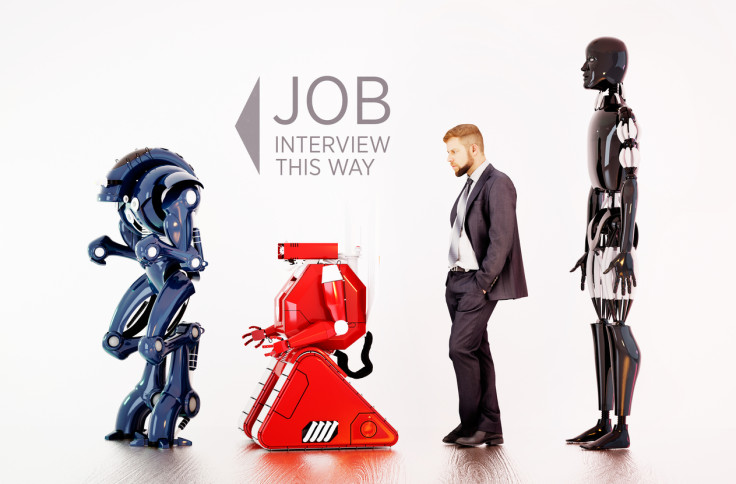Rapid rise in UK living wage could result in more robots in the workplace
New report warns automation might be deployed to mitigate effects of a higher wage bill.

A rapid increase in the UK 'living wage', a concept initially floated by former Chancellor George Osborne, could result in more jobs being replaced by robots over the medium term, according to a new report published on Thursday (4 January).
In its latest assessment of the jobs market dynamic, the Institute For Fiscal Studies said more jobs may be at risk of automation, with the country's hourly minimum wage rate set to rise above £8.50 per hour by 2020.
The think tank report's author Agnes Norris Keiller said: "Beyond some point a higher minimum wage must start affecting employment. We do not know where that point is.
"The fact there seemed to be a negligible employment impact of a minimum [wage] at £6.70 per hour - the 2015 rate - does not mean the same will be true of the rate of over £8.50 per hour that is set to apply in 2020."
The IFS report added that firms are increasingly likely to invest in automation via robots and computerised systems if the alternative is higher labour costs.
"The fact the higher minimum wage will increasingly affect jobs that appear to be more automatable is an additional reason why extremely careful monitoring is required," Keiller said further.
"Even higher rates, as proposed for example by the Labour Party, would bring even more employees in more automatable jobs into the minimum wage net."
Former Chancellor George Osborne, introduced the "National Living Wage" in his 2015 Budget, starting at £7.20 per hour for the over-25s, and it is tipped to rise to £9 per hour by 2020; a policy retained by his successor Philip Hammond.
It replaced the £6.50 per hour minimum wage.
The Labour Party has said that it would increase the wage rate to £10 per hour.






















